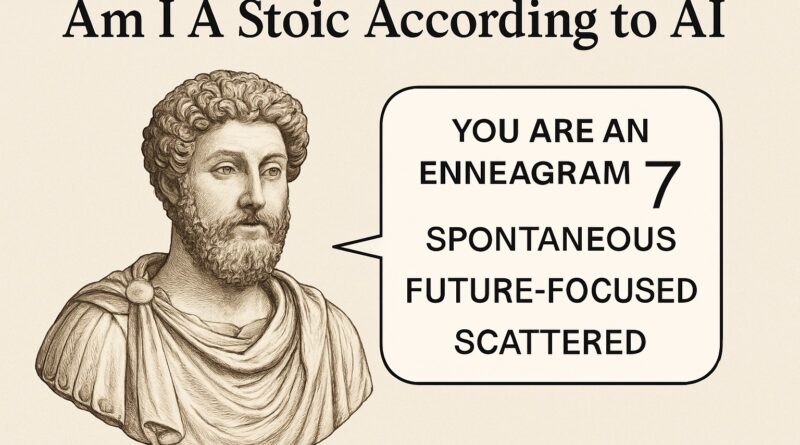Attention to the Present Moment
Attention does not have to be grand or mystical. It can be a high-school band, thirty students and a tuba, finding themselves perfectly in tune for a few minutes. It can be a quiet morning at The Portico, folding a tablet closed to listen to a man just released from prison. The Stoics called this prosoche—the discipline of attention—and believed it was the core of a good life. When we show up fully in the small moments, we discover what Marcus Aurelius meant when he said the present is the only thing that truly belongs to us.
Modern life makes this harder. Our phones, notifications, and meetings tempt us to drift through our days in fragments. Yet each act of genuine presence pushes back against that fragmentation. In a distracted world, paying attention is an act of resistance and of love. It is how we reclaim the texture of our days and rediscover the quiet pulse of a life well lived.
Read more


